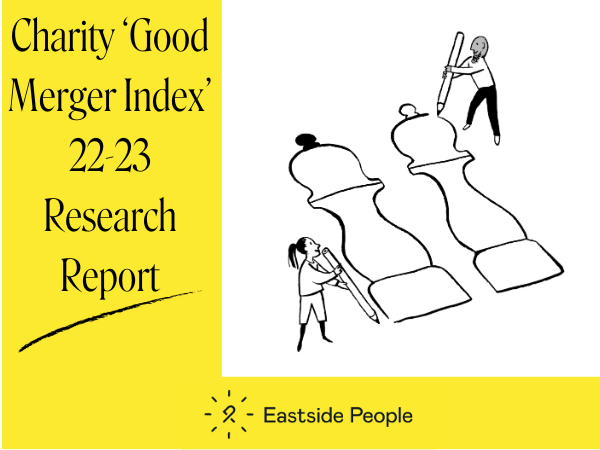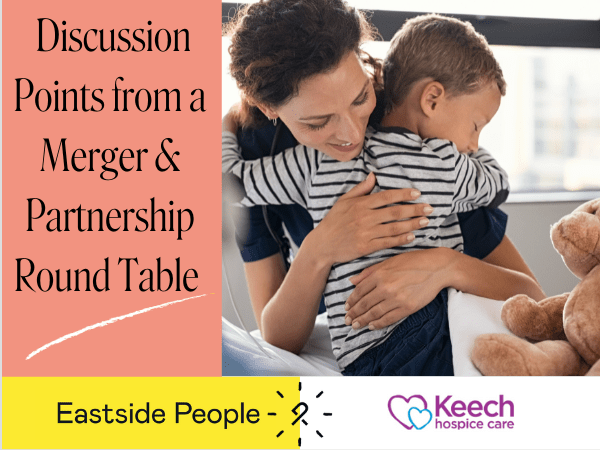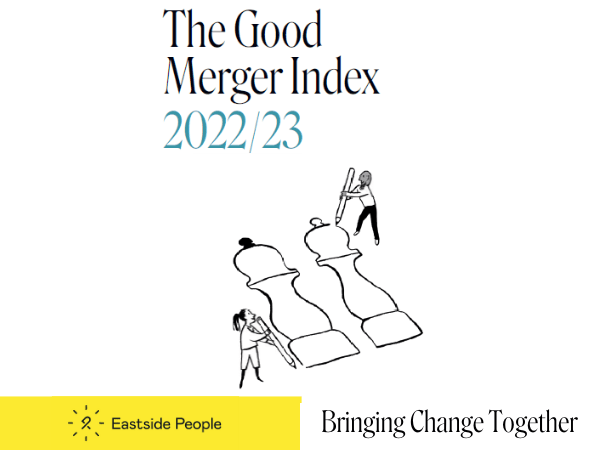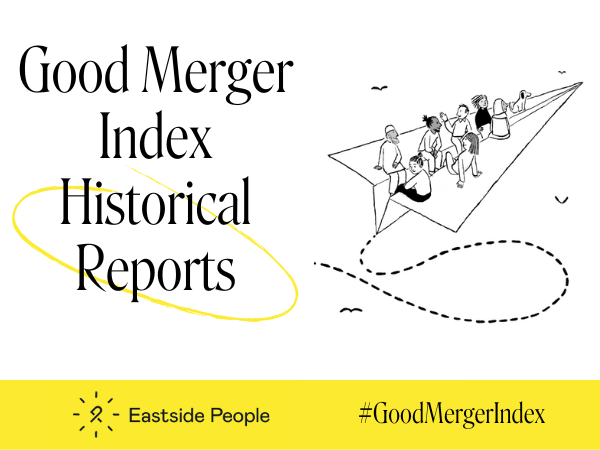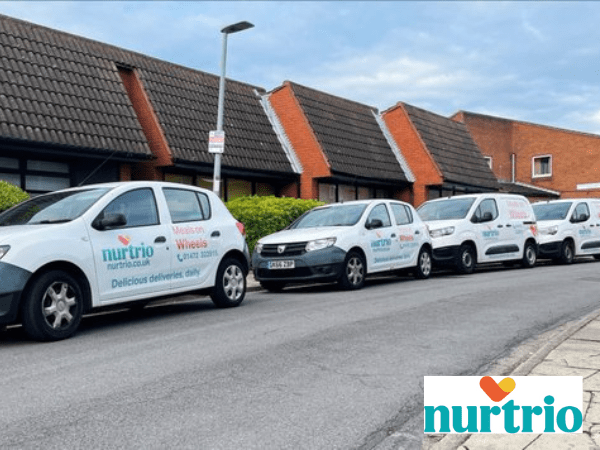Steve Chu Merger Blog – advice on the unique charactersitics of merging federated charities
Steve Chu’s recent Masters dissertation explored the barriers to successful mergers within federated charity networks. It found a lack of previous research into charity mergers, and almost no recent research into federated charities such as Age UK, Mind, RSPCA and Citizens Advice.
This series of five blogs aims to distil his key dissertation findings into short, readable snapshots which are aimed to be of use to all charity leaders. The dissertation formed part of Steve’s MSc in Charity Accounting and Financial Management, from Bayes Business School.
The 5 blogs cover:
- Drivers for merger, desired outcomes
- Overcoming barriers to merger success
- Mergers and the unique characteristics of federated charity networks
- Recommendations for all charity mergers
- Wider recommendations for federated charity networks.
The first blog in this series explored the reasons why charities consider merging. But charity mergers are viewed negatively by many, as being “not a thing that charities do”, or even “a dirty word.” Often, Chief Executives or Trustees are blamed for not wanting to give up power and control.
The second blog in the series outlined some barriers to successful charity mergers, and how they may be overcome – these are mostly human factors which may hinder, or help, rational decision-making.
Blog 3 of 5: Mergers and the unique characteristics of federated charity networks
National charity resources
The national charity within a federated network can provide resources to be used when two or more of their local partners are considering merging with each other. Often this is staff time to provide practical support or mediate relationships. Some national charities will provide funding the support the process. Others may provide resources, guides or toolkits.
Proactive or reactive
Some national charities may seek to reduce financial or reputational risks within their networks by proactively encouraging neighbours to merge, such as where one may be at risk of failure but could be supported by a stronger partner. Others take a more reactive approach, prioritising the independence of local decision-making.
Positive or negative
Local views of the national charity standpoint in their merger processes can be polarised. A successful merger in my study was provoked by the national charity’s concerns over local service quality and sustainability. Others were happy with money or resources provided to support merger processes. But others did not want or need national charity input, or did not get the support they thought they would, or felt their national charity forced them to “jump through hoops” to be allowed to merge.
The national charity role in a merger
These factors speak to a wider debate that is present in all federated charity networks. Where does the power lie within those networks? Is it the national charity’s role to lead, be proactive, and act on a national strategy to reduce risk, and increase strength and beneficiary impact in their network? Or should local charities be free to exercise complete independence, even when sharing a brand, with the national charity a passive bystander?
If human factors can act both positively and negatively in any charity merger process, then the additional local-local and local-national relationships within federated networks can cause a multiplier effect – in either direction. But, with a more detached perspective, my view is that national charities can provide more rational and strategic input to lead and shape their network’s collective impact, if they choose to.
Visionary charity leaders can be change agents in driving charity mergers rather than trying to hold on to power and control. Steve Chu blog.
About the author:
Steve Chu, an experienced charity leader and non-executive director was previously Chief Executive at Age UK Sheffield. He is now an Eastside People consultant and freelance charity consultant.
For more information, or to receive a full copy of the dissertation, please visit www.stevechu.co.uk.




